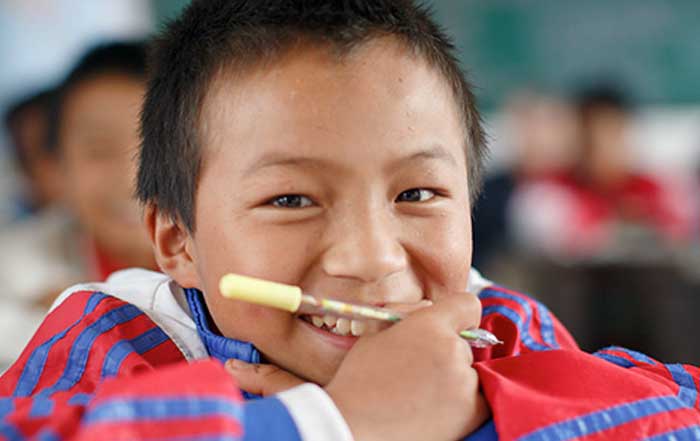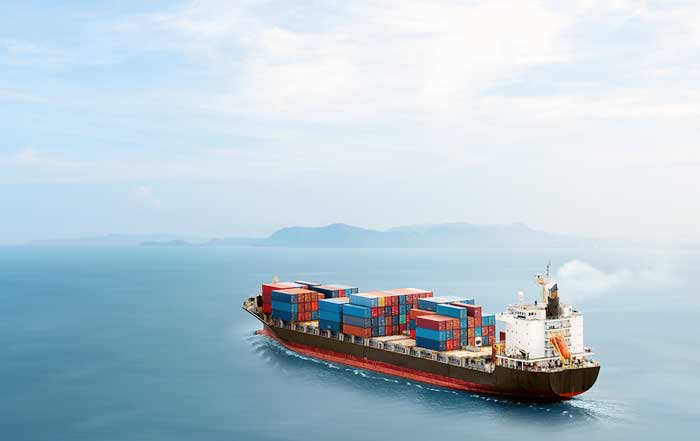Environmental degradation continues to be one of the most significant global challenges, impacting ecosystems, human health, and economies. As the climate crisis intensifies, the urgency for actionable and sustainable solutions becomes more apparent. However, amidst this growing concern, recent achievements and initiatives in environmental conservation provide a beacon of hope for a sustainable future. From renewable energy advancements to biodiversity preservation and community-driven conservation efforts, these success stories underscore the global commitment to protecting our planet.
Positive Developments in Renewable Energy
The Rise of Renewable Energy Worldwide
Renewable energy has emerged as a driving force in environmental conservation efforts, offering a clean alternative to fossil fuels and contributing to reduced carbon emissions. Countries around the globe are investing heavily in renewable energy sources, and the results are starting to show. For instance, India has rapidly expanded its renewable energy infrastructure, with over 70% of newly added power generation capacity coming from solar, wind, and hydroelectric sources[^1]. This transition has been fueled by both government incentives and significant private investment, creating a favorable environment for clean energy adoption.
Meanwhile, the United Kingdom has taken a major step forward by lifting its ban on onshore wind farms, which are now slated to generate substantial clean energy for the country. This policy shift is expected to add new wind energy capacity capable of powering millions of homes, demonstrating the UK’s commitment to addressing climate change[^2].
Geothermal Energy Expands in the United States
Geothermal energy, often overlooked compared to solar and wind, has also seen significant growth in recent years. In California, one of the largest geothermal projects in the United States is currently underway, backed by a prominent utility company. This ambitious project aims to produce 400 megawatts of clean, renewable energy—enough to power approximately 400,000 homes[^2]. As geothermal energy technology becomes more advanced and accessible, it stands to play a vital role in the country’s broader renewable energy strategy.
Innovative Approaches to Carbon Capture
Rewilding and Biodiversity: Nature’s Carbon Capture System
In the fight against climate change, carbon capture has become a crucial area of focus. Traditional carbon capture technology often requires expensive infrastructure, but natural solutions are gaining traction for their ability to capture carbon sustainably. In Romania, an innovative rewilding project involving European Bison has demonstrated the power of wildlife to act as carbon sinks. These large herbivores help to regenerate grasslands, which in turn capture carbon from the atmosphere at impressive rates. The project’s impact is equivalent to removing emissions produced by approximately 84,000 US cars each year[^1][^3].
Scotland’s Biodiversity Restoration with Wild Bulls
Building on the success of rewilding, Scotland has announced a unique biodiversity restoration initiative that involves reintroducing wild bulls to the Scottish Highlands. By 2026, this herd is expected to help restore native plant species, stabilize soil, and store carbon. This initiative not only boosts biodiversity but also enhances eco-tourism, creating economic opportunities for local communities[^1].
Biodiversity Preservation Efforts
Biodiversity preservation remains a cornerstone of environmental conservation. Healthy ecosystems provide vital services, including water filtration, pollination, and natural disaster mitigation. Various countries are now taking bold steps to protect and restore their unique biodiversity.
The Recovery of the Iberian Lynx
The Iberian lynx, once one of the world’s most endangered felines, has made a remarkable comeback. Through a combination of habitat protection, breeding programs, and hunting restrictions, the population of Iberian lynxes has increased to sustainable levels. The species’ recovery is so significant that the International Union for Conservation of Nature (IUCN) recently removed it from the endangered species list[^1][^2]. This achievement reflects years of coordinated efforts between governments, conservation groups, and local communities.
Africa’s Miombo Restoration Alliance
In Africa, eleven nations have come together to launch the Miombo Restoration Alliance, a $500 million initiative aimed at restoring degraded lands across the continent’s Miombo woodlands. This ambitious project aims not only to protect biodiversity but also to support sustainable livelihoods for communities that rely on these forests. By engaging in sustainable land management practices, the alliance hopes to curb deforestation, improve soil quality, and support native flora and fauna[^1].
Community-Led Conservation in Colombia
Community involvement is an essential component of successful conservation. In Colombia, over 500 community organizations have joined forces to protect local forests and monitor deforestation rates. Between 2022 and 2023, their efforts led to a historic 36% reduction in deforestation, marking the lowest rate recorded in the past decade[^3]. This achievement illustrates the power of localized approaches to conservation and highlights the role of community-driven initiatives in environmental stewardship.
Environmental Conservation Quiz
Score: 0/5
Urban Sustainability Projects
Cities, as hubs of human activity, have a significant environmental impact. Recognizing this, many cities are adopting innovative solutions to become more sustainable and reduce their ecological footprint.
Antwerp’s “Neighborhood in Bloom” Initiative
In Antwerp, Belgium, the local government has launched an initiative called "Neighborhood in Bloom," which provides residents with free trees to plant in their neighborhoods. This program encourages citizens to participate in urban greening efforts, creating a positive impact on local air quality, reducing urban heat, and enhancing biodiversity within the city[^1]. Initiatives like this highlight the importance of citizen involvement in achieving urban sustainability goals.
Solar-Powered Cemeteries in Valencia
In Valencia, Spain, city planners have found a creative way to generate renewable energy within an urban setting. By converting unused cemetery land into solar farms, the “Requiem in Power” project integrates renewable energy production into the city landscape. This innovative solution serves as a model for other cities looking to utilize available space for sustainable energy generation[^2].
Marine Conservation Achievements
The world’s oceans are facing unprecedented threats from pollution, overfishing, and climate change. To counter these challenges, various technological and policy-driven interventions are being implemented.
Robotic Trash Collectors by Clear Robotics
Clear Robotics has developed an innovative fleet of robots designed to tackle ocean pollution. These robotic trash collectors are capable of removing up to 3307 pounds of trash per trip, targeting both plastic waste and invasive seaweed. By deploying these robots in key areas, Clear Robotics aims to make a significant dent in ocean pollution, contributing to healthier marine ecosystems[^1].
Wind Farms with Mussel Harvesting in Scandinavia
In Scandinavia, researchers are exploring the dual use of offshore wind farms by integrating freshwater mussel harvesting operations. This experiment leverages the open ocean space created by wind farms to support sustainable aquaculture, providing both clean energy and a steady supply of mussels. Initial results have been promising, indicating that such integrated projects could contribute to both sustainable food production and renewable energy goals[^2].
Youth Activism Driving Change
Young activists have become powerful advocates for environmental conservation, pushing for meaningful policy changes and holding governments accountable for environmental commitments.
Hawaiian Youth Win Landmark Pollution Lawsuit
In Hawaii, a group of young climate activists recently won a landmark lawsuit that mandates reductions in transportation-related pollution. By asserting their constitutional right to a clean environment, these activists secured a historic legal precedent that could inspire similar cases across the United States[^1][^2]. This victory demonstrates the growing influence of youth activism in shaping environmental policy.
Eco-Conscious Youth Run for Office in Europe
Across Europe, a wave of young eco-conscious individuals is now entering the political sphere. Many of these individuals began their activism as students and have since transitioned into political roles, aiming to bring their environmental values to the forefront of policy-making. Their involvement has inspired a new generation of environmentally minded voters, making climate and conservation issues central to upcoming elections[^2].
Conscious Eco Conclusion
Environmental conservation is a multi-faceted and global endeavor, with various stakeholders working toward common goals through innovative projects and policies. The stories presented here—from renewable energy advancements and rewilding initiatives to youth activism and urban sustainability projects—demonstrate humanity’s capacity to confront environmental challenges head-on. Through continued collaboration, technological innovation, and a shared commitment to sustainability, these efforts provide a hopeful outlook on our ability to preserve the Earth’s natural resources for future generations. The recent successes in environmental conservation serve as powerful reminders of what can be achieved when governments, organizations, and individuals work together to protect the planet.










